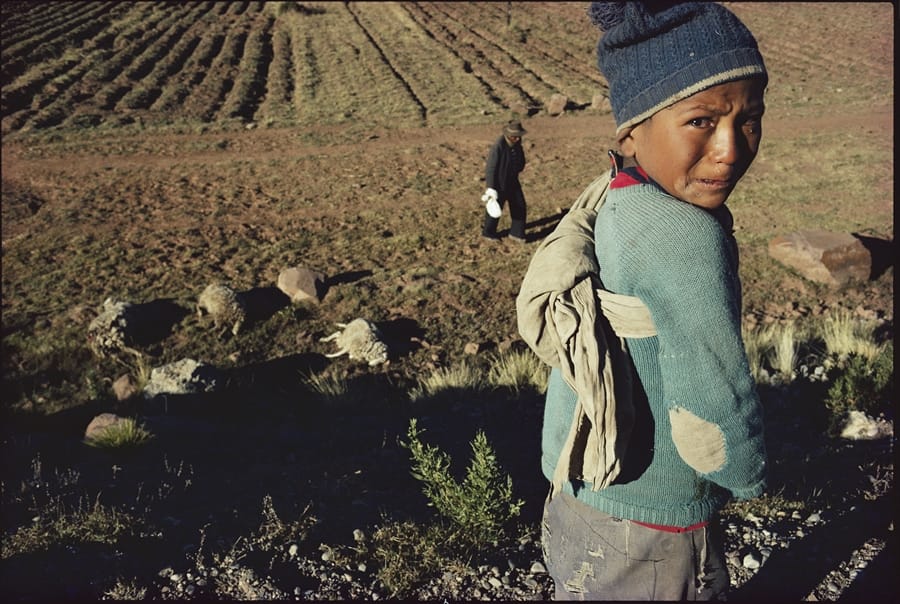Did you know that “effective altruism” was nearly called “rational altruism”? I'm glad it didn't catch on because it sounds a bit too pretentious, but the thinking behind it was this strong connection to the “rationality” movement. Rationality is essentially about identifying biases in our natural way of thinking about things and managing to take action on our better judgement…which is easier said than done! These cognitive biases are useful as rules of thumb, or at least were at some point during our ancestral history, but noticing when they are not useful can dramatically improve our ability to think rationally and make sensible decisions in our lives. The rationality movement in turn has strong ties to the blog Less Wrong if you are interested in finding out more (although for newcomers I’d recommend taking a CFAR course first, as this would be a far more accessible and useful introduction!). I have met a lot of people at this summit who became interested in effective altruism via an initial connection to Less Wrong and three of our days here are devoted to rationality training by CFAR. This post will cover Day 4 and Day 5 of the summit, plus a bit of Day 2 so that I can present the rationality workshops as a whole.
CFAR is good. Like, really good. Has anyone ever said to you, “You shouldn’t get so stressed” / “You should try new things” / “You shouldn’t procrastinate” etc., and then you think “Excellent advice, I’ll do that”…and then don’t do it? CFAR shows you how to do it. If you want to improve the way that you naturally think, these guys will show you how. We all attended 11 sessions but I’ll just give you a flavour of the material and tell you briefly about three of them.
Cozy time
I’ll start with the fun one. On Wednesday, CFAR took us into the city center to do Comfort Zone Expansion, affectionately known as CoZE (“cozy”). Our mission was to expand our comfort zones through public interaction. After an introductory session in which we selected personally tailored activities to try, a few warm-ups in the form of improv games and listening to many amusing tales of previous CoZE excursions, we headed off to a shopping mall and went our separate ways. One guy taught a stranger to play chess. Someone persuaded ten random people to create a massage train. One guy approached people trying to sell them the service of scratching their new phone so that they didn’t have to worry about the first scratch. And someone else walked around with a facemask on. [Time out. Someone has just interrupted me and pointed out that when I type with my left hand, I only use the third finger. I'm going to write the rest of this post trying not use my third finger at all.] I personally started off okay, speaking to about ten strangers, but I didn’t get as far as trying to persuade any of them to take the pledge…and by the end of the session, I’d lost $80 to salespeople. Yes, I somehow managed to do reverse CoZE.
Beating procrastination
Now for “delegating to yourself”. The session stemmed from the idea of treating future “you’s” as colleagues who you want to work together with maximum efficiency. Thus, when you put something off, that should be because it will genuinely be better for a future you to do it (perhaps because they will have more information or be less tired or be closer to the super market). Otherwise, do it now. You should also be wary of the Bystander Effect, which is the phenomenon whereby a group of people are less likely to help than an individual, because the group are waiting for someone else in the group to help instead. This happens with you across time too! Think of how many times you say, “I’ll do it tomorrow” i.e. “Tomorrow me will do it!”
Creating new habits
Lastly, we have “offline habit training”. The basic idea here is to couple an appropriate trigger with a memorable relevant action over and over again for about ten minutes. For example, if you want to develop the habit of talking to street fundraisers about effective charity, you could walk up and down a street where there are several of them for ten minutes, and every time you see someone with a charity t-shirt and clipboard, imagine the clipboard is actually a wad of donations that they’re about to set on fire, but if you go up and talk to them about effective charities then they won’t. This ten minutes could save you dramatically more time in the long-run, because of all the time you no longer have to spend consciously trying to remember to speak to fundraisers about effective charity; it will now come automatically.
(Also, we've been having non-EA fun too. In the evening of Day 3 we had drinks and sang songs. And in the evening of Day 4 we went up a hill and watched the fireworks for 4th July and the boys ran around and played with sticks. And in the evening of Day 5 we built a mattress fort.)


